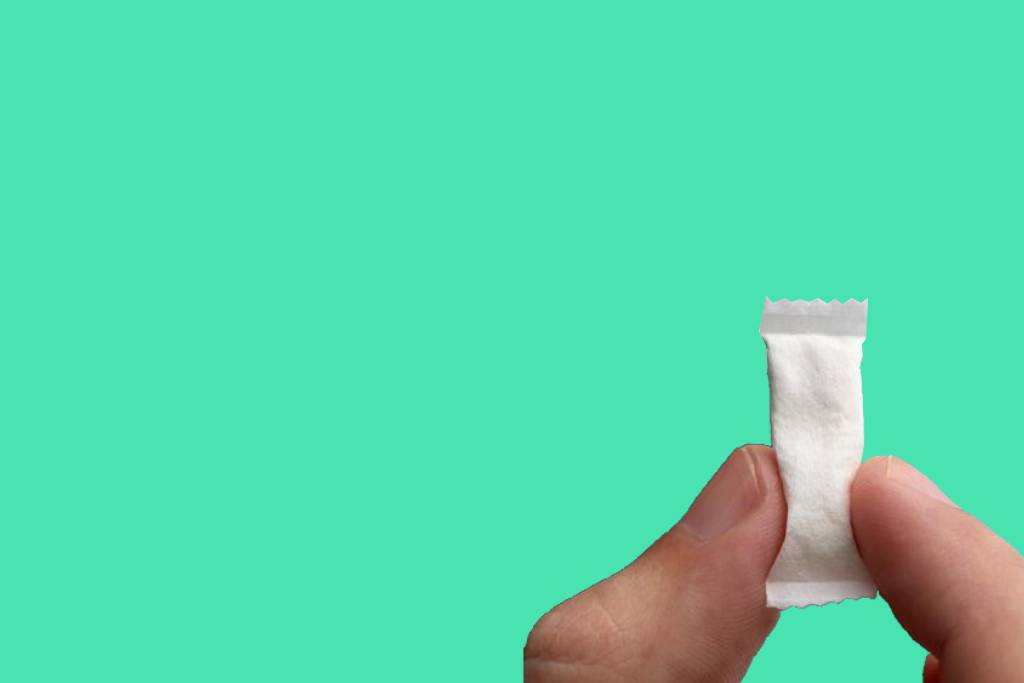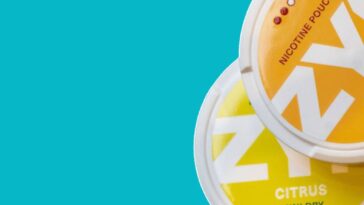As the tobacco industry evolves, smokeless alternatives are gaining popularity among users seeking a less harmful way to consume nicotine. Two prominent options—nicotine pouches and chewing tobacco—offer distinct experiences and health implications. In this article, we’ll compare these products, helping you understand their differences, benefits, and drawbacks.
Key Takeaways
- Nicotine pouches are a modern, smoke-free alternative that offers convenience and discretion.
- Chewing tobacco is a traditional smokeless product but carries significant health risks.
- Both products deliver nicotine, but their impact on health and lifestyle varies significantly.
What Are Nicotine Pouches?
Nicotine pouches are small, pre-portioned packets containing nicotine, flavoring agents, and other food-grade ingredients. Unlike chewing tobacco, nicotine pouches are tobacco-free, eliminating exposure to harmful byproducts like tar. These pouches are placed under the upper lip, where nicotine is absorbed through the gum.
Key Features of Nicotine Pouches:
- Tobacco-free: Contain synthetic or extracted nicotine.
- Discreet: No spitting or visible residue.
- Variety: Available in diverse flavors and strengths.
- Convenience: Can be used in public spaces without drawing attention.
What Is Chewing Tobacco?
Chewing tobacco, a long-standing smokeless tobacco product, involves placing shredded or compressed tobacco leaves in the mouth. Users chew or hold it between the gum and cheek, releasing nicotine as they spit out excess saliva.
Key Features of Chewing Tobacco:
- Tobacco-based: Contains raw or processed tobacco.
- Visible use: Requires spitting, making it less discreet.
- Traditional: A historic product with cultural significance in some regions.
- Limited flavors: Typically available in classic tobacco or menthol options.
Health Implications
Nicotine Pouches
While nicotine pouches are not entirely risk-free, they are considered less harmful than chewing tobacco. Because they don’t contain tobacco, users avoid exposure to carcinogenic compounds like nitrosamines.
Health Benefits:
- Lower risk of oral cancers compared to tobacco products.
- No damage from tar or combustion byproducts.
Considerations:
- Nicotine itself can be addictive and may affect cardiovascular health.
- Overuse can lead to gum irritation.
Chewing Tobacco
Chewing tobacco poses significant health risks due to the presence of carcinogens and other harmful chemicals. Prolonged use is associated with:
- Oral cancers (tongue, lips, and throat).
- Gum disease and tooth decay.
- Increased risk of heart disease and stroke.
Lifestyle Factors
Nicotine Pouches
- Convenience: Easy to use in workplaces or public spaces.
- Hygiene: Does not require spitting, making it more appealing in social settings.
- Customization: Available in various strengths, appealing to both beginners and experienced users.
Chewing Tobacco
- Social Impact: The need for spitting can be off-putting to others.
- Messiness: Can stain teeth and leave a residual odor.
- Traditional Appeal: May hold cultural or nostalgic value for long-time users.
Cost Comparison
- Nicotine Pouches: Typically priced competitively, with a range of options catering to different budgets.
- Chewing Tobacco: Costs can vary but often include a premium for traditional branding.
User Reviews
Nicotine Pouches
“Nicotine pouches have been a game-changer for me. They’re discreet, clean, and don’t leave a mess. Plus, the flavors make the experience enjoyable.” – Alex T.
Chewing Tobacco
“I’ve used chewing tobacco for years, and while I appreciate its strong kick, the spitting and health risks have made me reconsider.” – John M.
Expert Opinion
Dr. Emily Jacobs, a tobacco cessation expert, states:
“Nicotine pouches are a viable alternative for those transitioning away from smoking or smokeless tobacco. However, users should remain mindful of nicotine’s addictive nature and consider reducing dependence over time.”
FAQs
Q: Are nicotine pouches safer than chewing tobacco?
A: Yes. Nicotine pouches eliminate the risks associated with tobacco-related carcinogens and spitting.
Q: Can nicotine pouches help with smoking cessation?
A: While not FDA-approved for cessation, they may aid in reducing tobacco use for some individuals.
Q: Is chewing tobacco ever safe?
A: No. Chewing tobacco contains harmful chemicals linked to cancer and other health issues.
Conclusion
When comparing nicotine pouches and chewing tobacco, nicotine pouches emerge as the safer, more modern option. They cater to those seeking a clean, discreet, and tobacco-free experience, while chewing tobacco remains entrenched in tradition but carries significant health risks. If you’re exploring smokeless alternatives, nicotine pouches offer a compelling balance of convenience and reduced harm.





 No products in the cart.
No products in the cart.